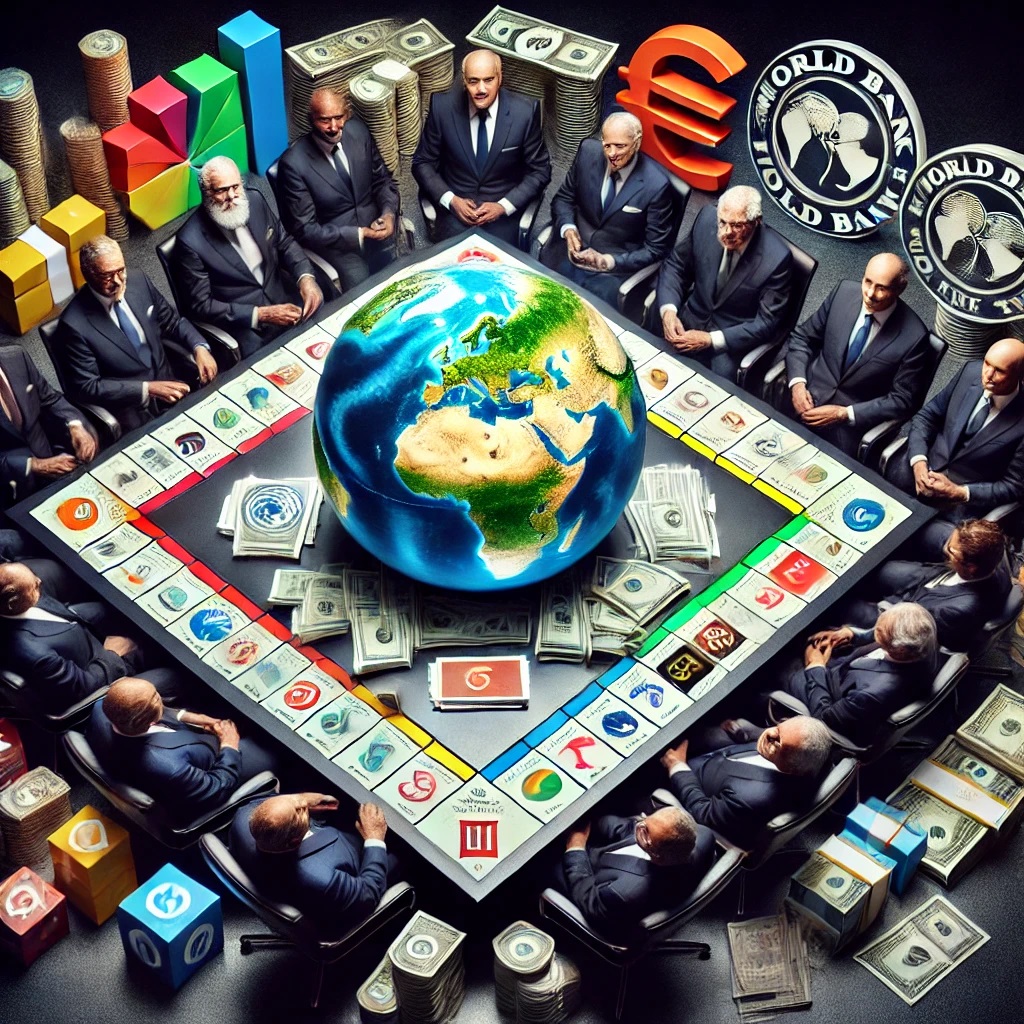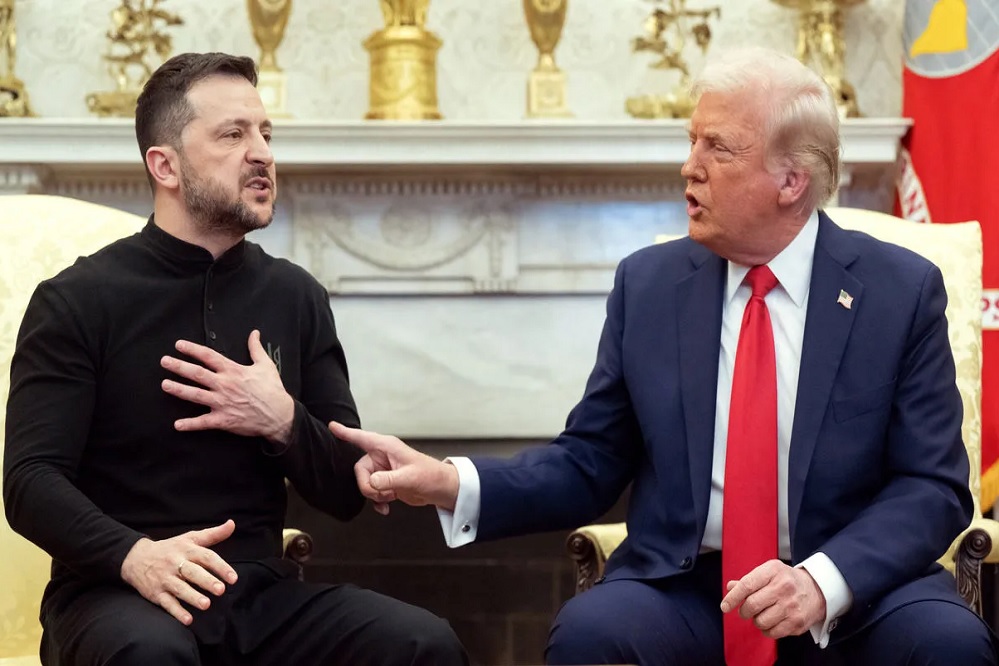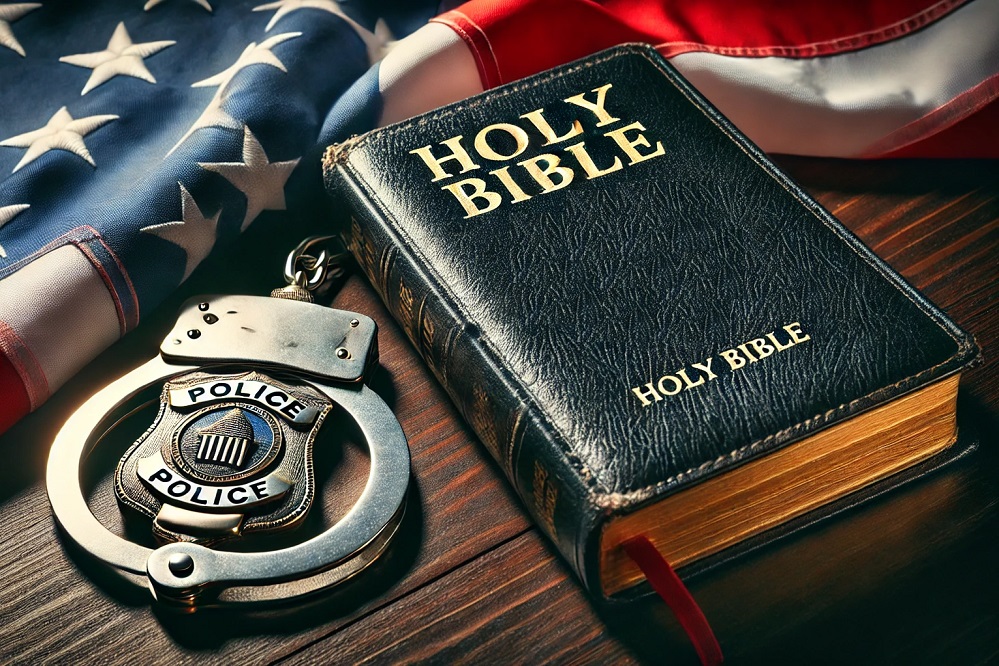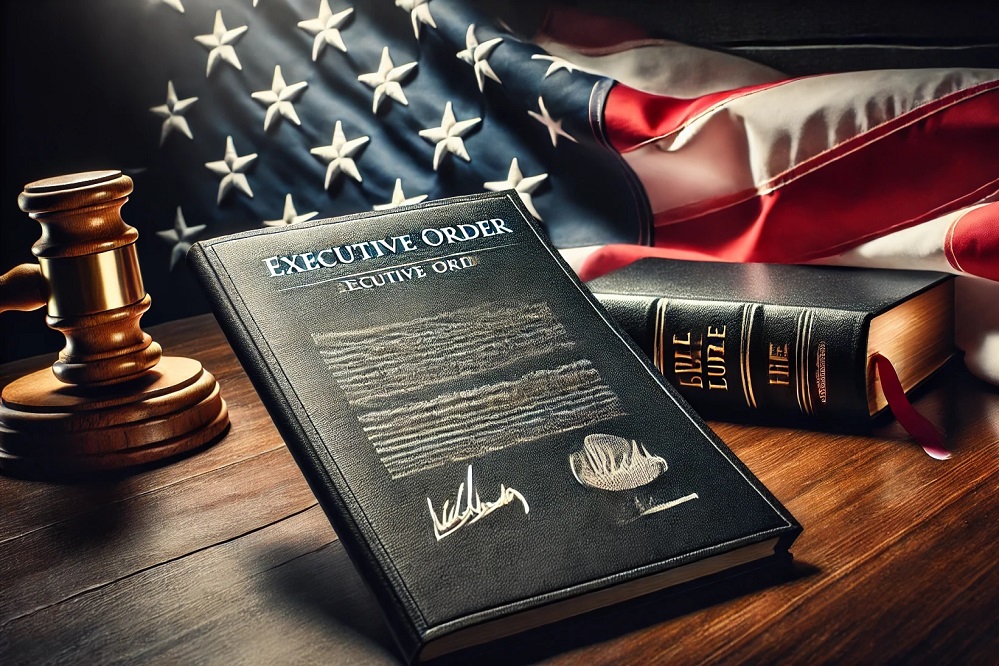In the intricate world of global politics, a pressing question persists: Are globalists genuinely working to save humanity through a One World Order that promises peace, stability, and security, or are they striving for total domination, erasing national identities, cultural heritage, and individual free will? The debate goes far beyond governance—it touches on the very future of humanity, democracy, and personal freedom.
Globalists present themselves as visionaries, advocating for a One World Order that promises to eliminate war, reduce inequality, and tackle global challenges such as climate change and pandemics. They argue that a unified global government is the only way to address these issues. By promoting open borders, interconnected economies, and global cooperation, globalists claim they can eradicate the causes of war and conflict that have plagued the world for centuries.
However, critics contend that the globalist agenda is not about peace but control. They argue that globalists seek to centralize power in the hands of a small elite group, eroding national sovereignty, and stripping away cultural identities to create a homogenous world population. This population, critics say, will be more easily controlled, manipulated, and monitored by those in power.
The American Constitution, with its founding principles of “We the People” and the Second Amendment protecting the right to bear arms, is seen as the last defense against this looming globalist takeover. But can mankind truly govern itself without external control, and without falling under the influence of elites who prioritize their power over individual freedom?
Who Are the Globalists?
Globalists are typically described as a powerful coalition of wealthy individuals, multinational corporations, financial elites, and political figures who advocate for global governance. These individuals often hold positions of influence in politics, business, technology, media, and finance. Some operate within secretive organizations, such as the Bilderberg Group, the United Nations (UN), and the World Economic Forum (WEF), that critics claim work behind the scenes to push their agenda.
Key Organizations Associated with Globalism
- United Nations (UN): Promotes international cooperation and governance, but critics argue that it often imposes policies that undermine national sovereignty.
- World Economic Forum (WEF): An annual gathering of political, business, and civil society elites, where global governance and economic policies are discussed and planned.
- International Monetary Fund (IMF) & World Bank: Financial institutions that shape global policies, often seen as tools for manipulating developing nations through debt.
- World Health Organization (WHO): Coordinates global health responses but is criticized for using crises like COVID-19 to push globalist agendas.
- Bilderberg Group: A secretive annual meeting where political and corporate elites gather to discuss global issues without public oversight, fostering speculation about their true goals.
These organizations are often seen as crucial for global stability, but critics argue that they are part of a larger effort to consolidate power in the hands of a select few, diminishing national sovereignty and eroding democracy.
Globalists’ Agenda: Peace or Control?
Globalists’ vision for a One World Order can be interpreted in two conflicting ways: the promise of peace and security or the pursuit of total control.
Peace and Security Through a One World Order
Proponents of globalism argue that eliminating borders, economic inequality, and cultural differences can create lasting peace. By fostering a unified global government, they believe interconnected economies and open borders will diminish the motivations for war. Technology, they claim, can be used to manage resources and populations, ensuring equitable distribution and reducing conflict.
Additionally, the argument for environmental sustainability is a rallying cry for global cooperation. Globalists assert that only through international collaboration can the world combat climate change and ensure the survival of the planet.
Total Control and Domination
Critics of globalism see this agenda as a path to centralized power, where people’s ability to control their destinies is eroded. By centralizing economic policies, globalists can control entire nations. Through mass surveillance, automation, and artificial intelligence (AI), they argue that globalists are creating a system where individual freedoms are curtailed, and the global elite manage resources with minimal input from the general population.
Critics further argue that globalists are promoting forced multiculturalism and undermining traditional values to dilute national identities. This process weakens social unity, making it easier for globalists to impose their agenda.
The Tools for Enforcing Control: Media, Banks, and the Military
To enforce their globalist vision, globalists rely on three main pillars of power: the media, the financial system, and the military/police forces.
Media: Shaping Perceptions and Creating False Narratives
Media conglomerates, often controlled by global elites, play a crucial role in shaping public opinion. Through television, social media, and Hollywood, globalists promote narratives that support their goals of global cooperation, multiculturalism, and open borders. They actively marginalize dissenting voices, labeling them as extremists.
The media also engages in historical revisionism to justify their agenda. For example, World War II is often cited as a justification for a One World Order, but critics argue that global financiers played a significant role in creating the conditions for war.
Banks: Economic Manipulation
Globalists control the financial system, particularly through institutions like the Rothschilds, Rockefellers, and firms such as BlackRock, Vanguard, and State Street. These financial institutions wield enormous influence over both governments and corporations, shaping economic policies and ensuring compliance with globalist goals.
By indebting nations, globalists can force governments to adopt policies that align with their vision. This diminishes national sovereignty and makes countries dependent on globalist financial systems, further consolidating power.
Police and Military: Enforcing Compliance
The militarization of police forces and international military alliances like NATO are tools for enforcing globalist policies. As globalists centralize power, these institutions are used to suppress dissent, manage civil unrest, and ensure compliance with globalist agendas. This use of force is critical to maintaining control over populations, especially during times of economic hardship or crises triggered by globalist policies.
Destroying National Identities: Forced Multiculturalism and the Erosion of Family Values
Two major tactics used by globalists to achieve their goal of a uniform, controllable society are the destruction of traditional family structures and the promotion of forced multiculturalism.
Eroding Traditional Family Values
Globalists are accused of promoting gender fluidity, LGBTQ+ rights, and the breakdown of traditional family structures. This shift, critics argue, weakens societal resistance to globalist control by making individuals more reliant on government institutions rather than family support systems.
Forced Multiculturalism
Mass immigration and multiculturalism are used to erode national identities. Globalists push for the integration of different cultures into a single society, often at the expense of preserving each culture’s distinctiveness. Critics argue that this dilutes national pride, fostering division and chaos—making societies easier to control.
Globalists, Pedophilia, and Demonic Influence
A disturbing aspect of globalism is its alleged connection to pedophilic networks and demonic activities. Some claim that globalist elites engage in child exploitation as part of a larger agenda to degrade societies morally, creating chaos and hopelessness, which in turn makes populations more malleable to globalist control.
The Role of the CIA and Other Intelligence Agencies
The CIA and other intelligence agencies in the Five Eyes alliance (including the UK, Canada, Australia, and New Zealand) are often viewed as enforcers of the globalist agenda. These agencies conduct mass surveillance, suppress dissent, and manage crises to align with globalist goals. Critics suggest that intelligence agencies orchestrate events like mass shootings to push for gun control and disarm populations, eliminating the last significant obstacle to globalist domination.
The American Constitution: The Last Defense Against Globalism
For many, the American Constitution stands as the last barrier against the globalist agenda. The principles of government by the people, the right to bear arms, and individual freedoms are vital to resisting global control. However, globalist policies like gun control, media censorship, and mass surveillance threaten to erode these constitutional protections.
Conclusion: The Fight for Freedom and Humanity’s Future
Globalism presents a battle between freedom and control. While globalists promise peace, security, and cooperation, their real aim is centralized dominance, where national identities, cultural heritage, and individual rights are stripped away. Critics argue that globalism is not about saving the world but about creating a monolithic, controllable society under the rule of a powerful global elite.
The struggle for freedom is ongoing, and the fight to preserve national sovereignty, cultural identities, and individual rights must be waged. True freedom can only be achieved when humanity rejects the globalist agenda and defends its right to self-determination. If left unchecked, globalists will not only erase national boundaries but will also strip away the diverse cultural and traditional experiences that make humanity unique.
The battle between globalism and freedom will determine the future of humanity. Will people fight for their rights and cultures, or will they succumb to the forces of global control? The answer lies in the will to preserve the freedoms that have defined the world’s nations and cultures for centuries.




